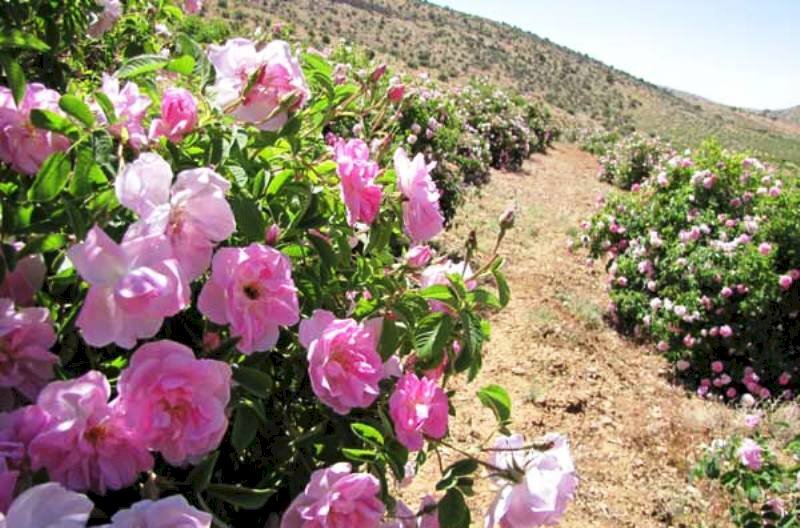Herbs cultivation prerequisite for sustainable health tourism, official says

TEHRAN – Sustainable health tourism can be enhanced by producing and cultivating medicinal herbs, a local tourism official in Fars province has said.
“Apart from developing hospitals and medical centers, health tourism can also benefit from complimentary treatments such as salt therapy, hot and cold water springs, and the capacity of medicinal plants, as well as the establishment of medical centers and equipping the infrastructure for the health system,” Mohammad Farokhzadeh said on Sunday.
The rich value of medicinal plants, along with their potential for importing currency to the country, make them valuable investments, the official explained.
In Fars province, medicinal plants are native products, and their cultivation is very popular among farmers because of their ease of maintenance, low water consumption, and high economic value, he added.
Medicinal plant cultivation is widely used and lucrative in many countries, so they have created economic policies to take advantage of this industry, he noted.
Recent decades have seen a growing interest in medicinal plants and the traditional knowledge of their usage to some extent that some believe the drugs of the future might come from the past.
Due to the side effects of synthetic drugs, herbal products and the desire for multilateral use of these plants in various pharmaceutical, food, and cosmetic industries are becoming more and more popular again. And such a trend steps up demands for potentially important tourist attractions.
That is why the rural destinations with medicinal herb resources are becoming increasingly popular in Iran and many other countries, especially as a part of alternative medicine.
Iran is a country of exceptional biological and landscape diversity, a huge, untapped potential that could help to improve the tourism offering. Of the 8,425 species of herbs identified in the country, 2,300 are medicinal, aromatic, and cosmetic properties, according to data provided by the Forests, Ranges, and Watershed Management Organization.
The ancient region of Fars, also spelled Pars or Persis, was the heart of the Achaemenian Empire (c. 550–330 BC), which was founded by Cyrus the Great and had its capital at Pasargadae. Darius I the Great moved the capital to nearby Persepolis in the late 6th or early 5th century BC.
ABU/AFM
